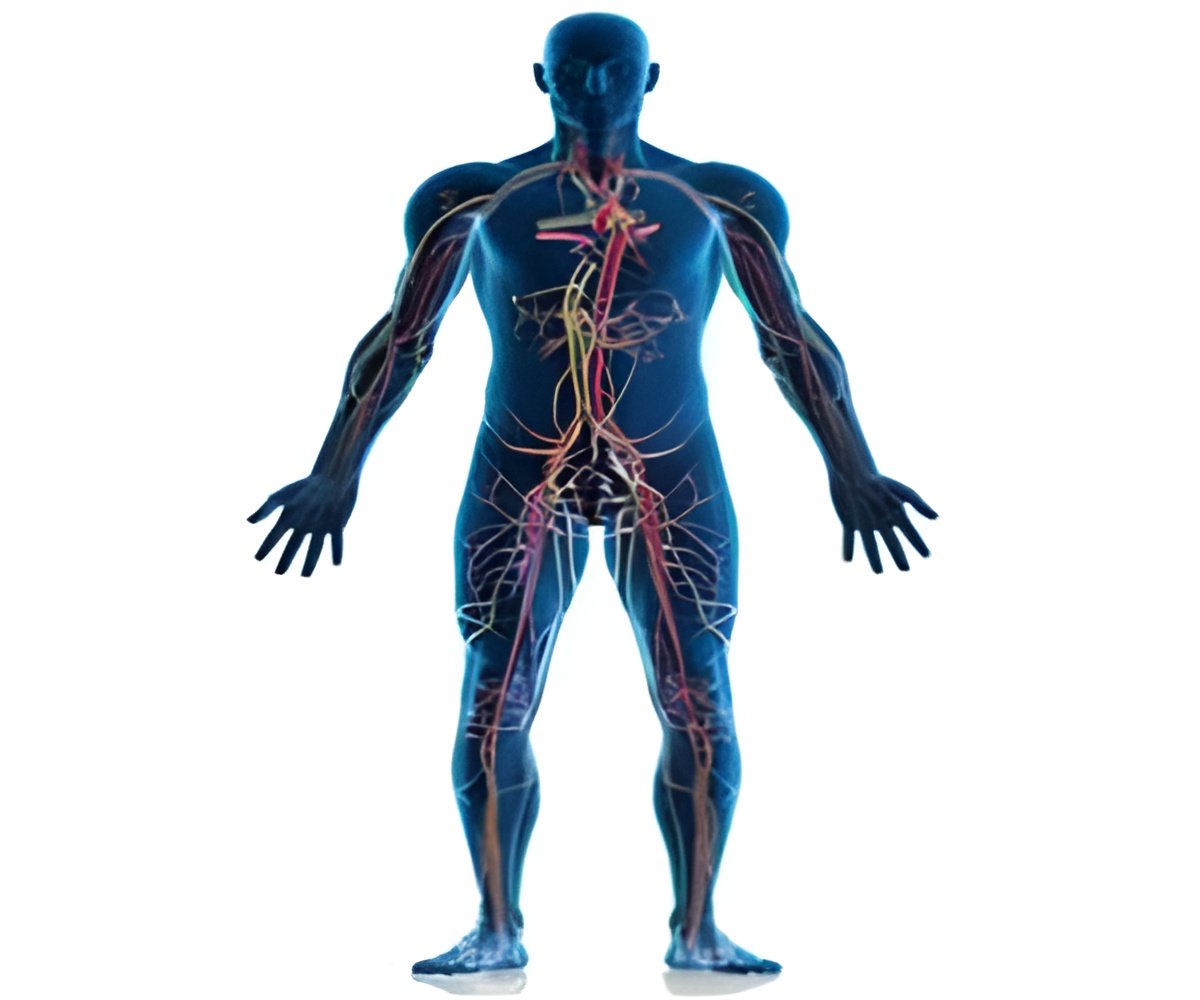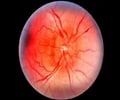Researchers have identified a single gene mutation to the cause of peripheral neuropathy.

The study focused upon mutations of a single gene SCNA9 which is expressed in sensory nerve fibers. Waxman's group had discovered that mutations in this gene's product the protein sodium channel Nav1.7 cause a rare disorder called "Man on Fire Syndrome," characterized by excruciating and unrelenting pain. Colleagues in the Netherlands carefully scrutinized neuropathy patients to rule out all known causes of the neuropathy, such as diabetes, alcoholism, metabolic disorders and exposure to toxins. Researchers then did a genetic analysis of 28 patients with neuropathy with no known cause. They found 30 percent of these subjects had mutations in the SCN9A gene. The researchers found that the mutations cause nerve cells to become hyperactive, a change they believe eventually leads to degeneration of nerve fibers.
"These findings will help us as clinicians to a better understanding of our patients with small fiber neuropathy and could ideally have implications for the development of future specific therapies," said Catharina G. Faber, who is a lead author of the study along with Ingemar Merkies of the Netherlands.
Source-Eurekalert










